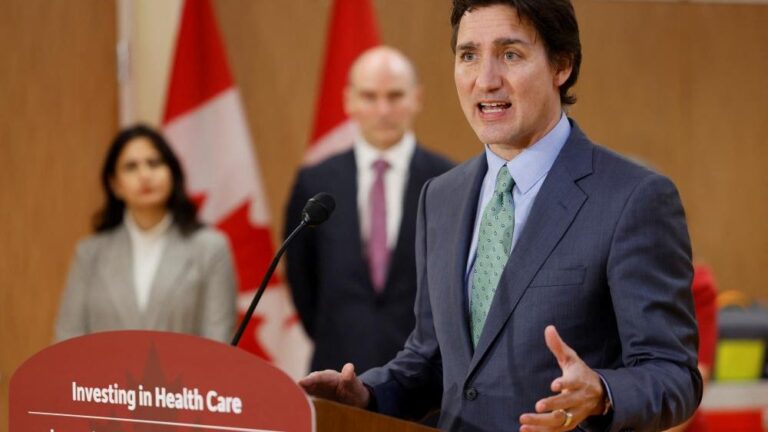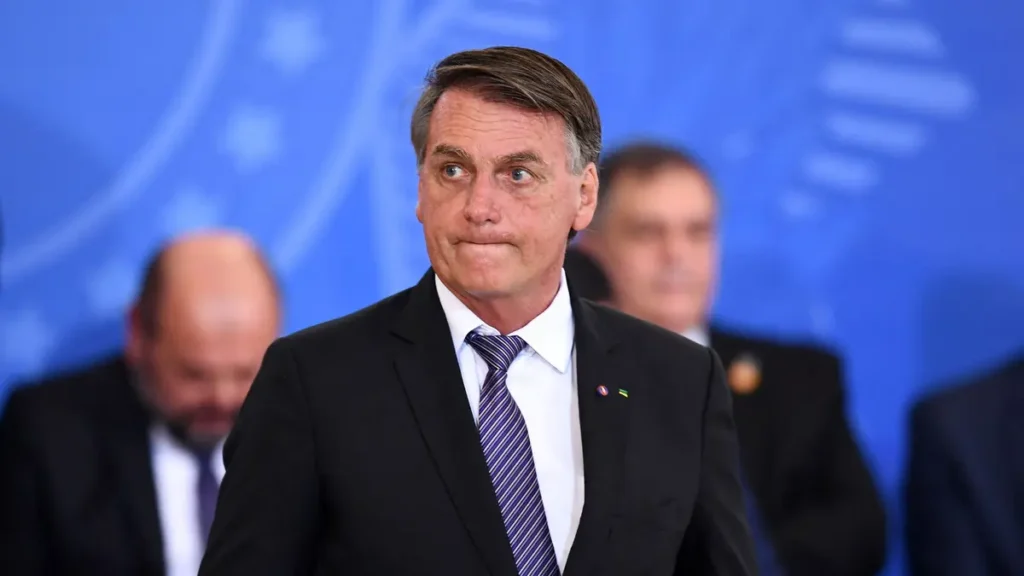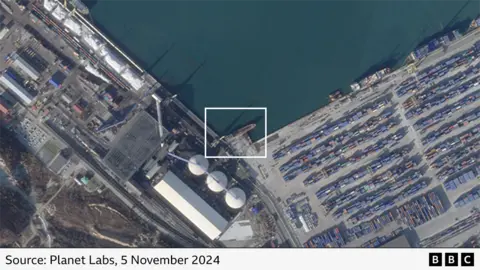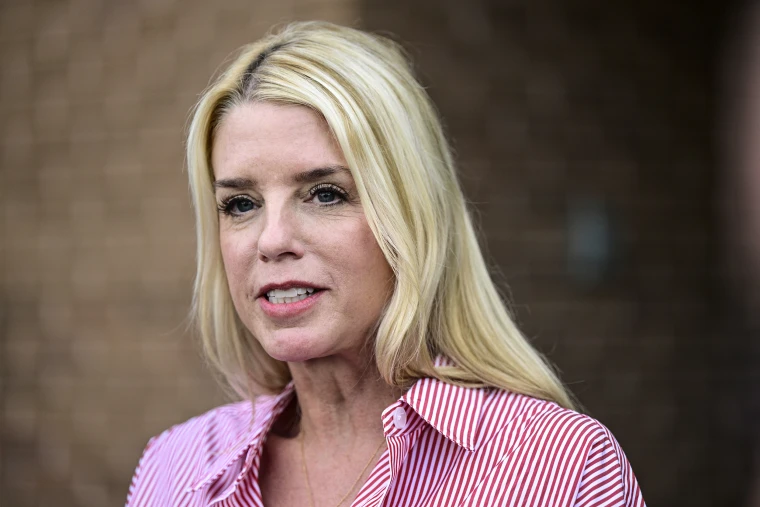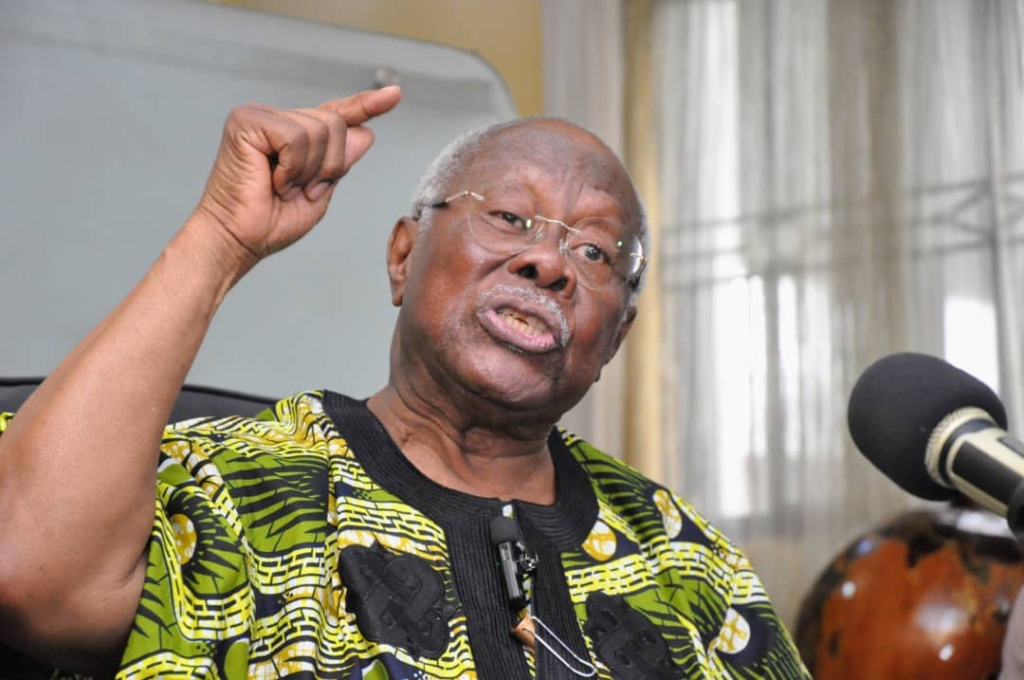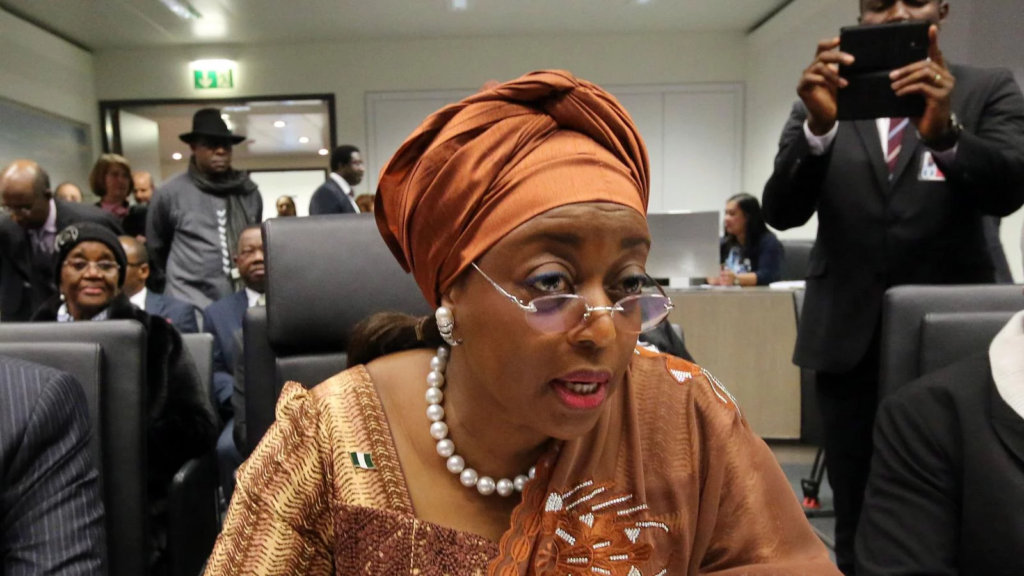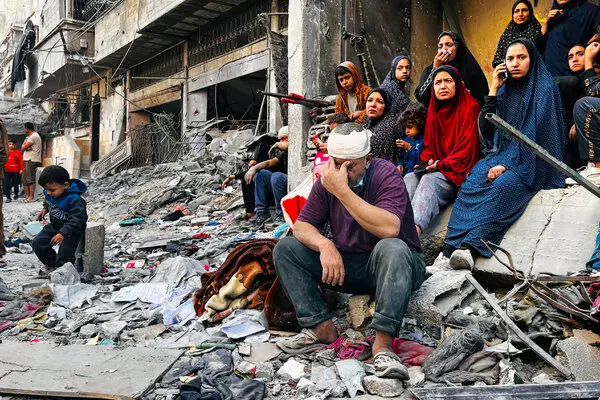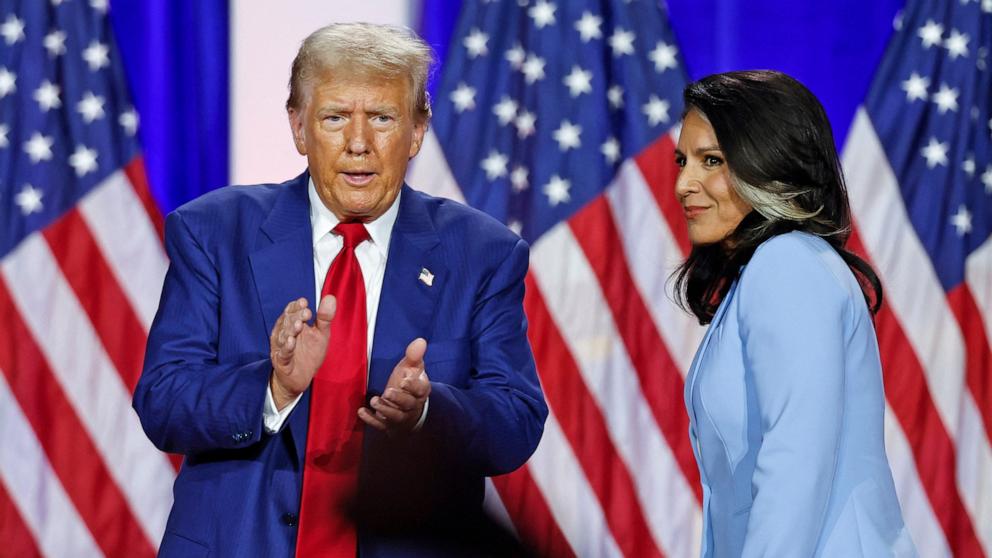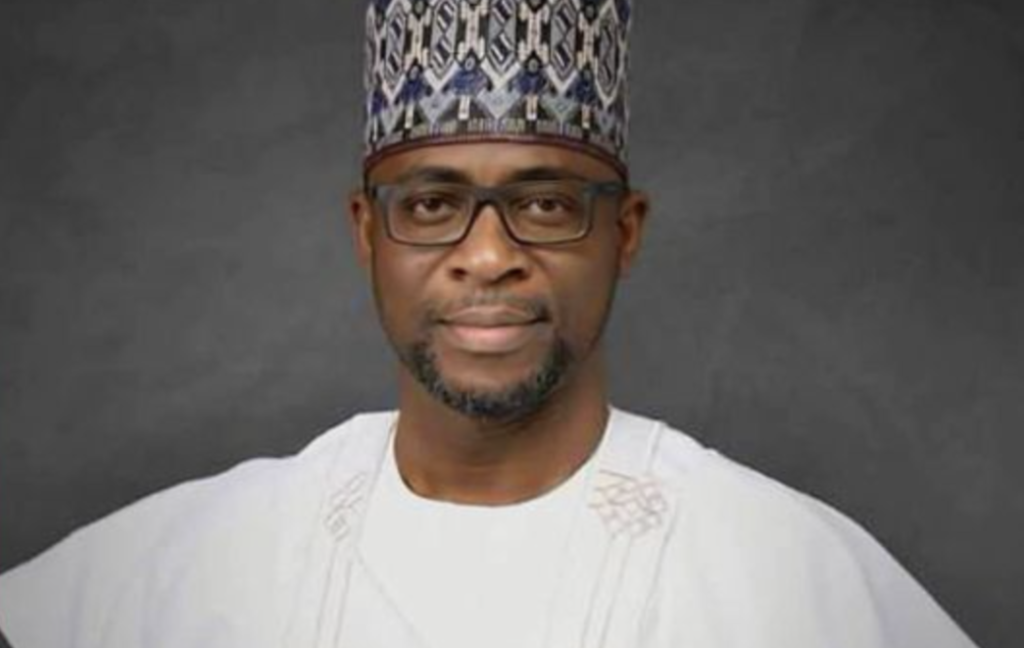The Canadian government has pledged nearly C$200bn ($149bn; £124bn) in funding over 10 years to aid the country’s ailing healthcare system.
The funding was pitched as a generational fix for the system in an announcement on Tuesday.
For months, Canada’s hospitals have grappled with a lack of staff and lengthy wait times for care.
A few reports have since emerged of patients dying while awaiting treatment.
Canada’s healthcare system is funded by the taxpayer to offer free, universal access to necessary hospital and doctor visits for all citizens and permanent residents.
It is paid for using a mix of federal and provincial money, but administered at the local level. Around 25% of funding is from the federal government through the Canada Health Transfer.
Prime Minister Justin Trudeau made the funding pitch to Canada’s provincial premiers, who have repeatedly pushed Mr Trudeau to increase federal spending on healthcare.
Mr Trudeau, however, had said he would not increase funding without strings attached.
Following a meeting with the premiers on Tuesday, Mr Trudeau said that his government is “taking action today so Canadians can continue to have trust in our public system.”
“This is a big country, built on big progressive ideas,” he said. “Few are more central to who we are as Canadians than the promise of universal, publicly funded healthcare.”
His proposal includes a total of $196.1bn to be spent on healthcare over the course of a decade – $46.2bn of which is new money on top of what has already been budgeted.
The total amounts to around a 61% increase in the Canada Health Transfer to provinces over the next 10 years.
It is less than what Canada’s premiers wanted – they had asked Mr Trudeau for an annual top-up of $28bn.
Manitoba’s premier, Heather Stefanson, said she was “disappointed” with the amount. Ontario’s premier, Doug Ford, called it a “starting point”.
The premiers said they are now assessing the proposal.
Mr Trudeau said the money his government has put up is a “major investment in healthcare”, but he added that money alone will not fix the country’s faltering system.
He said he will also negotiate separate agreements with each province to address unique regional issues.
The government has also asked provinces for better healthcare data so they can assess the system’s performance better.
Healthcare has often been a point of pride in Canada, but, like many other countries, its system has grappled with mounting pressure since the Covid-19 pandemic, with growing wait times to access care.
In Nova Scotia, a 67-year-old woman reportedly died after giving up on a seven-hour wait to see a doctor at a local hospital’s emergency department.
Patients have also been affected by a growing backlog for surgeries and diagnostic procedures.
Canada spends over 10% of its GDP on healthcare, about the same as the UK, compared with more than 16% for the US, according to World Bank data.
Its healthcare system ranks higher than the US, but lower than the UK and others in some international comparisons.

